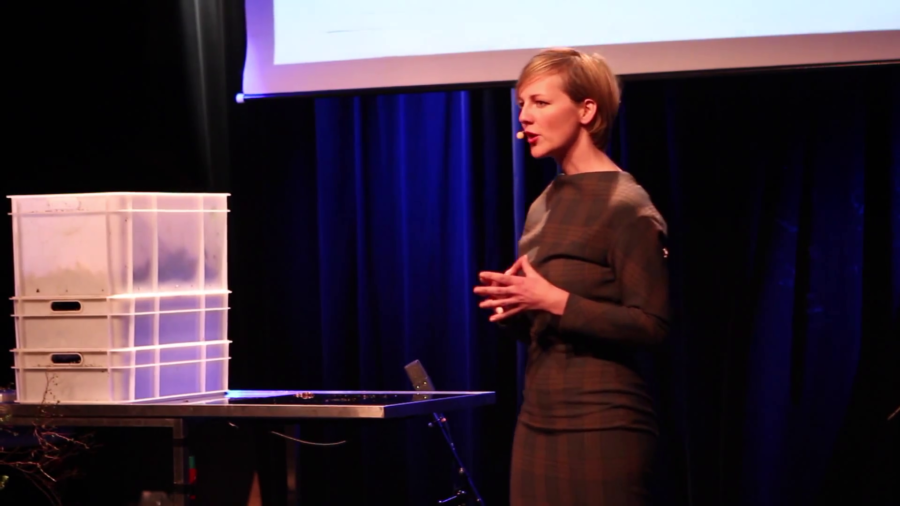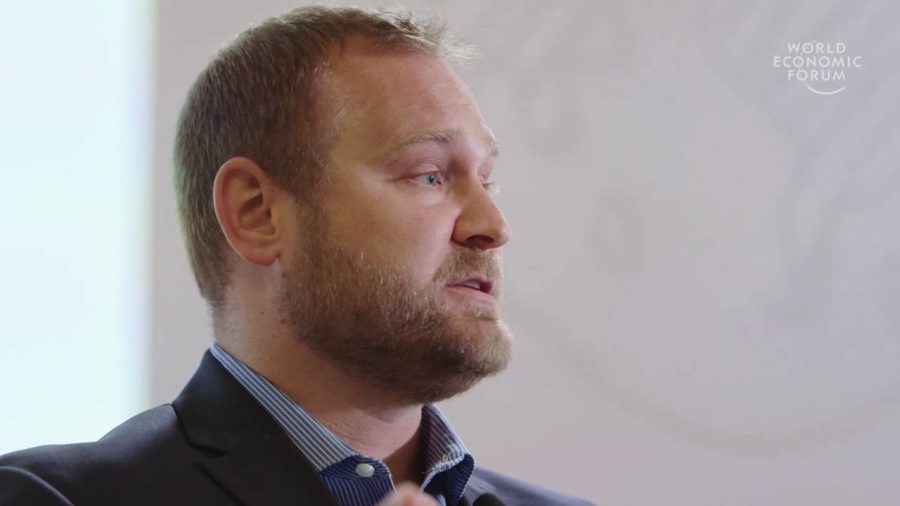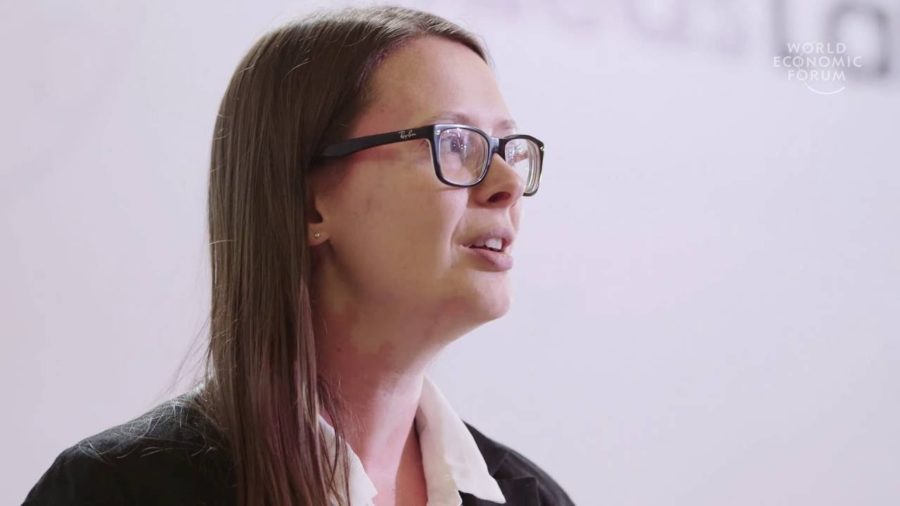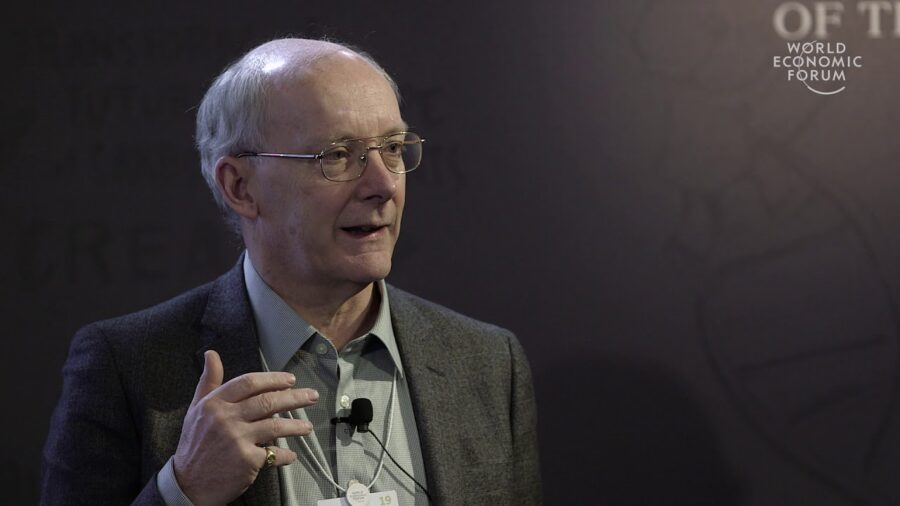The most extraordinary thing that’s happened in my adult intellectual lifespan is a demographic transition. The fact that human population fertility will reduce itself naturally in a non-coercive way if we get things right.
Archive

What I want to tell you is that in 2050 we don’t even have waste anymore. There will be no waste in 2050. Everything will be seen as a treasure, because we will have created what some smart people call a circular economy.
One of the most important insights that I’ve gotten in working with biologists and ecologists is that today it’s actually not really known on a scientific basis how well different conservation interventions will work. And it’s because we just don’t have a lot of data.

The United States plants more than 170 million acres of corn and soybeans a year, more than any country in the world. And the primary mechanism in the US that we use to subsidize agriculture is actually called the Federal Crop Insurance Program. So, the crop insurance program in the US is also the largest such program globally, with over $100 billion in liabilities annually. So it’s a very big program.

The interesting thing is not just figuring out what one plant needs, but doing it on the scale of a million plants. This is where imaging can help. Capturing the detail, but from a distance. Some farmers already used drones or other aircraft to do just that. But these are not tools available to all. I want to ask what if precision agriculture could be a service accessible to anyone on the planet?

